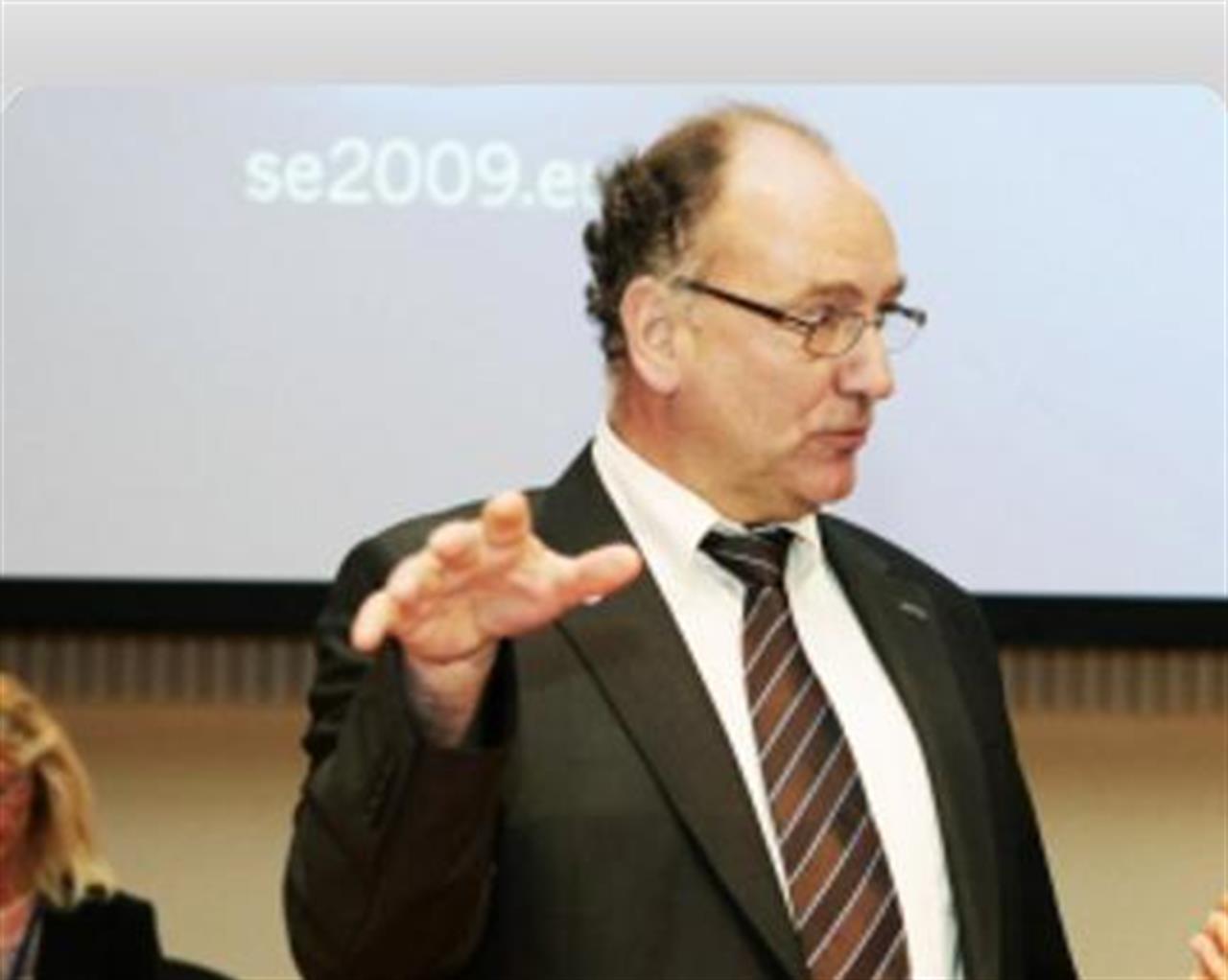Non profit
Have we forgotten about poverty?
The heads of the EU member states are meeting in Brussels. At the centre of their meeting will be more talks about cuts.
di Staff

By Joshua Massarenti
On paper, the fight against poverty and social exclusion should be lead by those in charge but it will have to wait for next time. At the European Summit, held tomorrow in Brussels, the heads of state and of government (Berlusconi was photographed with France’s Sarkozy and Luxembourg’s Junker) will talk of nothing but public debt. It’s a nightmare that pushes into second place the social objectives contained in the EU 2020 Strategy that were elaborated by the Barroso Commission and that European leaders have been called upon to adopt today in the Council. “I understand that the necessity of reinstating order in public finance should be an absolute priority but it can’t be the only priority and above all it can’t threaten social cohesion”, says Conny Reuter, president of Social Platform, one of the most important civil society platforms in Europe.
What are your expectations for this European Summit?
We are waiting for a clear commitment from the heads of the European states to adopt the ten points of the EU2020 Strategy that concern the reduction of poverty. A crucial challenge that so far has been influenced by two big debates. The first revolves around whether it is necessary or not to impose a set of objectives that hold member states accountable for their progress in fighting poverty. There are those who would rather leave every member state the liberty to define their own set of guide lines, objectives and methods by which to defeat poverty. We have asked the President of the European Council, Hermann Van Rompuy, to opt for the first option.
The other debate calls in to question the way in which poverty is measured. We have chosen to use the term “relative poverty” as our point of reference. The term includes people who live on an income that is less than 60 per cent of a member state’s national average. This is the same benchmark that Eurostat has adopted; according to their data there are 80 million people living in poverty. In turn the new member states have stepped in and proposed alternative parameters like families that are out of work and material deprivation. If we include these measurements the number of poor people rises to 120 million and the number of people to lift out of poverty by 2020 also increases. For now, the threshold is fixed by the Commission at 20 million.
Meanwhile austerity politics continues to condition the entire debate on the crisis. At the European Summit there is a risk that the fight against poverty will move to second place.
The risk is real. Besides, despite its social connotation, the same 2020 Strategy elaborated by Barroso focuses to much of its attention on the stability pact and the necessity to put order in public finance. Of course debt needs to be fought. But for a platform like ours that sees social discomfort first hand , the effects of this kind of approach are felt immediately by the weakest members of society. Today we are very worried about the budget cuts to social spending that are being implemented throughout Europe.
Other sources of concern?
The risk that comes from confusing job creation and social policy. The member states are convinced that the best social policy involves the creation of new jobs. We on the other hand are of the opinion that there are millions of poor people who are unable to reinsert themselves in the labour market and that social policy should deal with protecting them.
17 centesimi al giorno sono troppi?
Poco più di un euro a settimana, un caffè al bar o forse meno. 60 euro l’anno per tutti i contenuti di VITA, gli articoli online senza pubblicità, i magazine, le newsletter, i podcast, le infografiche e i libri digitali. Ma soprattutto per aiutarci a raccontare il sociale con sempre maggiore forza e incisività.
